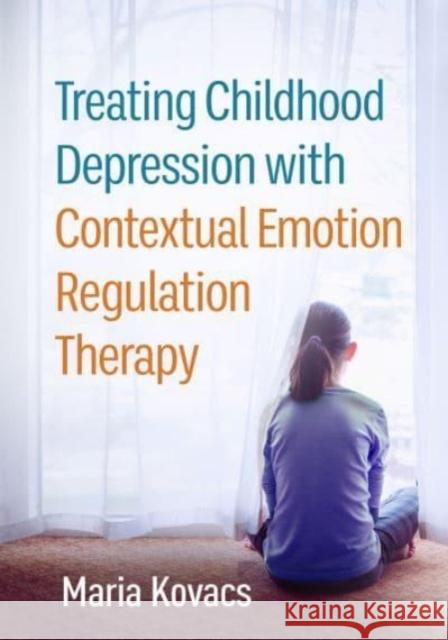Treating Childhood Depression with Contextual Emotion Regulation Therapy » książka
topmenu
Treating Childhood Depression with Contextual Emotion Regulation Therapy
ISBN-13: 9781462552375 / Angielski
Treating Childhood Depression with Contextual Emotion Regulation Therapy
ISBN-13: 9781462552375 / Angielski
cena 219,06 zł
(netto: 208,63 VAT: 5%)
Najniższa cena z 30 dni: 211,52 zł
(netto: 208,63 VAT: 5%)
Najniższa cena z 30 dni: 211,52 zł
Termin realizacji zamówienia:
ok. 16-18 dni roboczych.
ok. 16-18 dni roboczych.
Darmowa dostawa!
Kategorie:
Kategorie BISAC:
Wydawca:
Guilford Publications
Język:
Angielski
ISBN-13:
9781462552375











